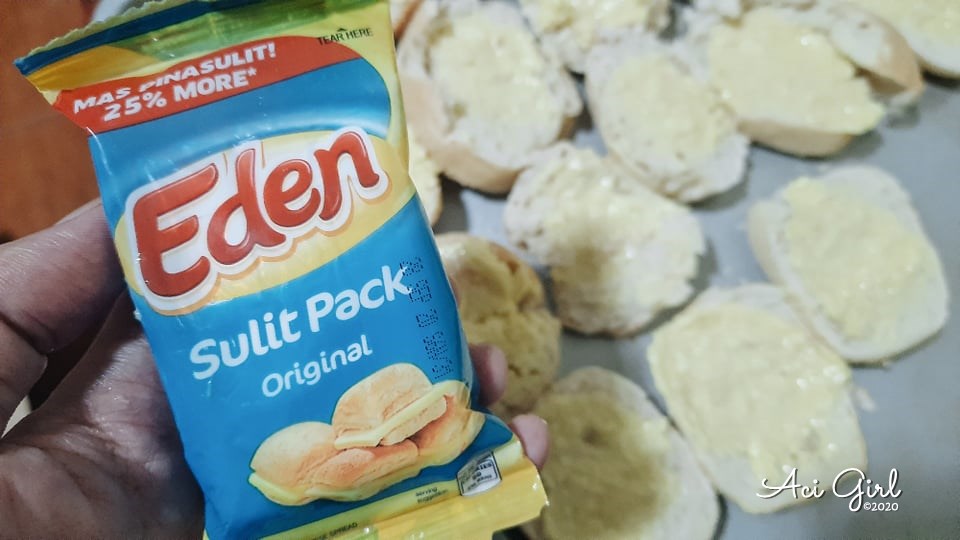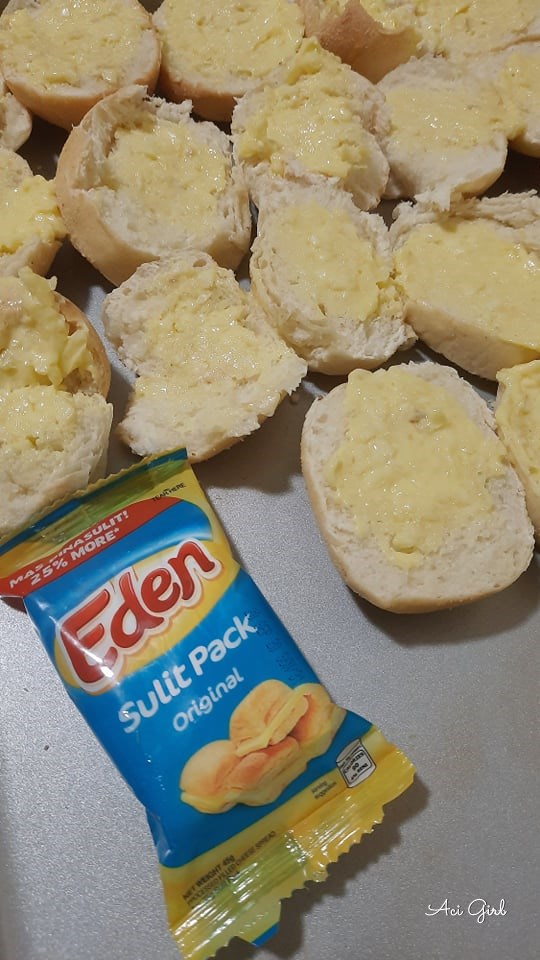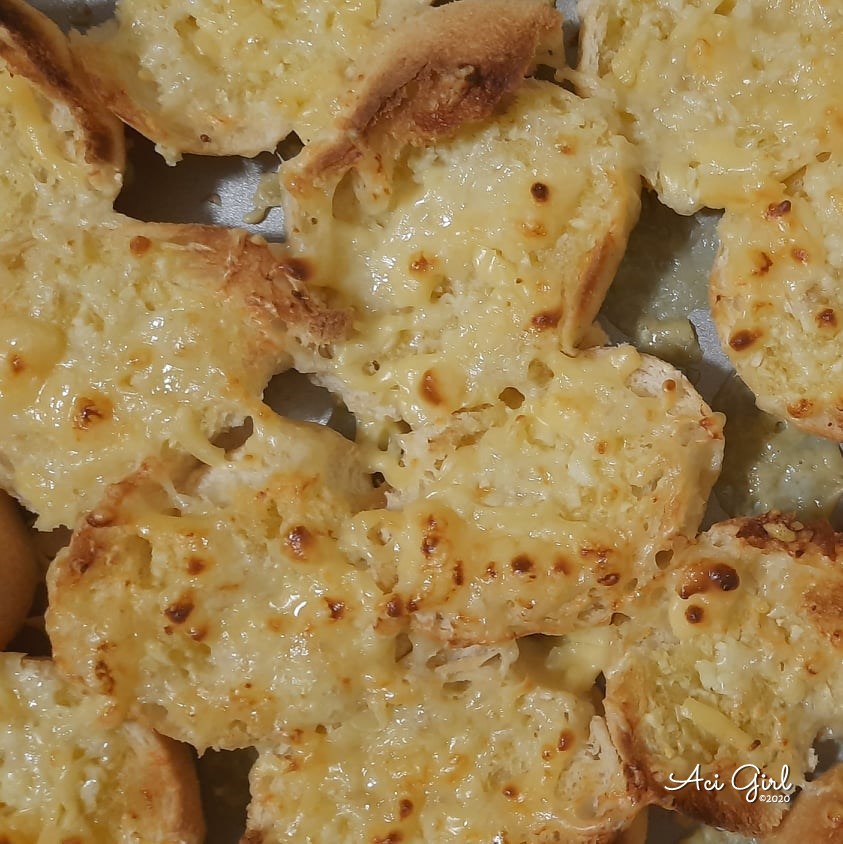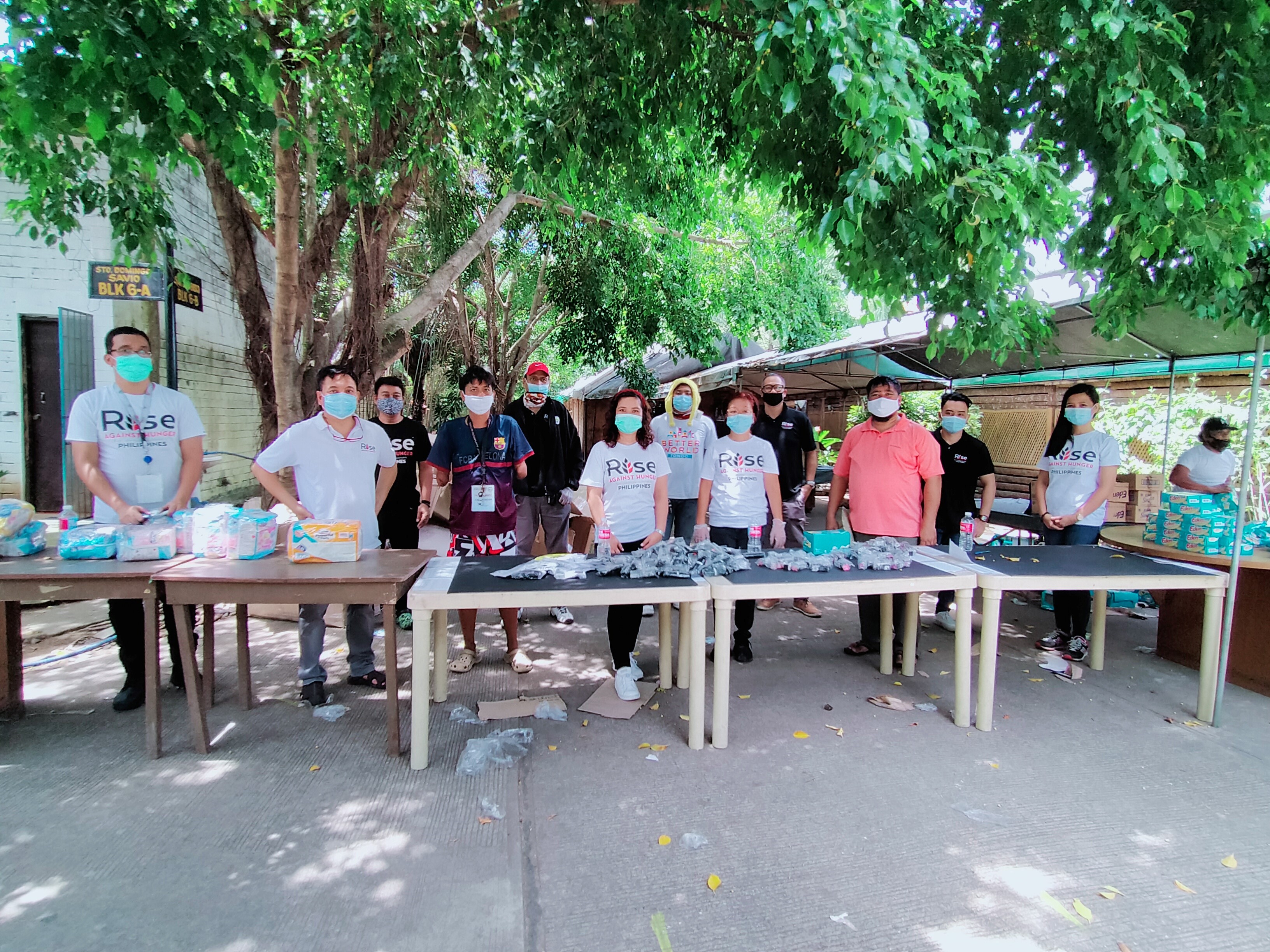What can Personal Hygiene & Clean Water do during COVID-19 Pandemic?
“The global struggle against the pandemic has little chance to succeed if personal hygiene, the main measure to prevent contagion, is unavailable to the 2.2 billion persons who have no access to safe water services.” United Nations
Washing your hands thoroughly and frequently is the first step to having good hygiene, yes? It is also the most frequent advice we heard from doctors, medical personnel, and the media, on how we can protect ourselves from bacteria and viruses, and that includes Coronavirus / COVID-19.
Washing your hands can protect you and your loved ones. - unicef
How to Wash Hands Properly & Responsibly at Home.
- Wet hands with water, but please turn the faucet to "low flow"
- Apply soap just enough to lather on hands
- Rub all surfaces of the hands ( back, palm, fingers, and nails for at least 20 seconds.
- Rinse thoroughly with running water still in low flow.
- Dry hands with a clean cloth or single-use hand towel
The best way to prevent and slow down transmission is be well informed about the COVID-19 virus, the disease it causes and how it spreads. Protect yourself and others from infection by washing your hands or using an alcohol-based rub frequently and not touching your face. -WHO

- Antibacterial Wipes, (Canned Goods, Food Packs)
- Rinse with Water and Vinegar (Fruits and Veggies)
- Rinse with Water + Bleach (Packs, Sachets)
- Banlian ng Mainit na tubig. (Plates and Cups)
- Pakuluan with Water (Utensils)
- Spray it with Lysol. (others)
Water is essential for life. The amount of fresh water on earth is limited, and its quality is under constant pressure. World Health Organization

What can Personal Hygiene & Clean Water do during COVID-19 Pandemic?
What can Personal Hygiene & Clean Water do during COVID-19 Pandemic?
What can Personal Hygiene & Clean Water do during COVID-19 Pandemic?
“The global struggle against the pandemic has little chance to succeed if personal hygiene, the main measure to prevent contagion, is unavailable to the 2.2 billion persons who have no access to safe water services.” United Nations
Washing your hands thoroughly and frequently is the first step to having good hygiene, yes? It is also the most frequent advice we heard from doctors, medical personnel, and the media, on how we can protect ourselves from bacteria and viruses, and that includes Coronavirus / COVID-19.
Washing your hands can protect you and your loved ones. - unicef
How to Wash Hands Properly & Responsibly at Home.
- Wet hands with water, but please turn the faucet to "low flow"
- Apply soap just enough to lather on hands
- Rub all surfaces of the hands ( back, palm, fingers, and nails for at least 20 seconds.
- Rinse thoroughly with running water still in low flow.
- Dry hands with a clean cloth or single-use hand towel
The best way to prevent and slow down transmission is be well informed about the COVID-19 virus, the disease it causes and how it spreads. Protect yourself and others from infection by washing your hands or using an alcohol-based rub frequently and not touching your face. -WHO

- Antibacterial Wipes, (Canned Goods, Food Packs)
- Rinse with Water and Vinegar (Fruits and Veggies)
- Rinse with Water + Bleach (Packs, Sachets)
- Banlian ng Mainit na tubig. (Plates and Cups)
- Pakuluan with Water (Utensils)
- Spray it with Lysol. (others)
Water is essential for life. The amount of fresh water on earth is limited, and its quality is under constant pressure. World Health Organization




















































